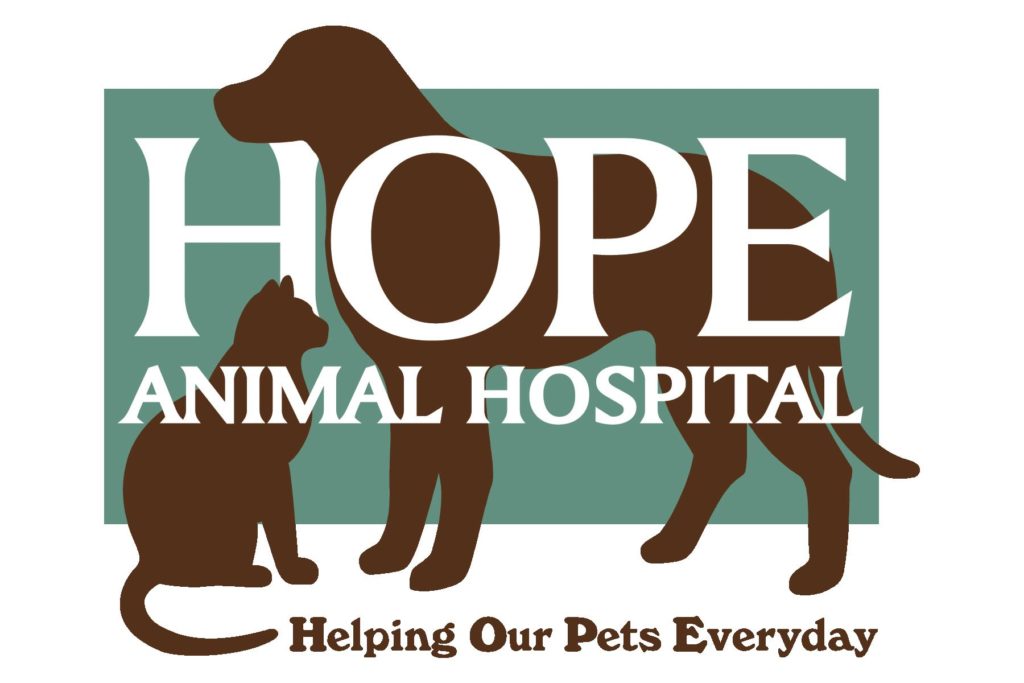Library
-
Enrofloxacin is an antibiotic given by mouth or in the muscle commonly used to treat bacterial infections in cats, dogs, and off label in small mammals, birds, and reptiles. Common side effects include vomiting, diarrhea, and lack of appetite. It should not be used in growing or dehydrated pets, or in cats with kidney disease. Use cautiously in pets with seizures, liver, or kidney disease. If a negative reaction occurs, please call your veterinary office.
-
Finasteride is given by mouth and is used off-label to treat benign prostatic hypertrophy (enlarged prostate) in intact male dogs, and may also be used for adrenal problems in ferrets. Give as directed. Side effects are uncommon. Do not use it in sexually developing animals or in females, including pregnant or nursing females. If a negative reaction occurs, please call your veterinarian.
-
Fluconazole is an antifungal medication used off label in cats, dogs, and small mammals to treat fungal infections, especially those in the brain and spinal cord. It is given by mouth in the form of a tablet or liquid suspension, and is also available as an injection for hospital use. Common side effects include gastrointestinal upset such as decreased appetite, vomiting, and diarrhea but liver toxicity can also occur. It should be used with caution in pets with liver or kidney disease, or pregnant or lactating pets. If a negative reaction occurs, call your veterinary office.
-
Fludrocortisone acetate is given by mouth and is used off label to treat hypoadrenocorticism (Addison’s disease) and hyperkalemia. Give as directed by your veterinarian. Side effects are uncommon but may include vomiting. Do not use in pets that are allergic to it or in lactating pets without using a milk replacer. If a negative reaction occurs, please call your veterinary office.
-
Fluralaner is given by mouth or applied topically and is used to treat flea and tick infestations, and also off-label to treat certain types of mange and mites. Give as directed. Side effects are uncommon but may include stomach upset or neurologic symptoms. Do not use in pets with a history of seizures. If a negative reaction occurs, please call the veterinary office.
-
Medicating or giving oral liquids to small mammals requires some basic guidance. Syringe-feeding rabbits, guinea pigs, and other small rodents may require you to wrap your pet in a "burrito". Knowing the proper location in the mouth to introduce the syringe will be essential to success. Having the right size syringes and the right amount of liquid for your pet is very important.
-
Griseofulvin is given by mouth and is used on and off label to treat skin, hair, and nail fungal infections. Give as directed by your veterinarian. Common side effects include lack of appetite, vomiting, and diarrhea. Do not use in pets that are allergic to it, pregnant pets, breeding males, pets that have severe liver disease, or in cats with FIV or FeLV. If a negative reaction occurs, please call your veterinary office.
-
Hydroxyzine is given by mouth or injection and is used off label to treat allergic or itchy conditions. Give as directed. The most common side effect is sedation. Do not use in pets that are allergic to it or cetirizine, or pets that have heart failure, urinary obstruction, or stomach obstruction. If a negative reaction occurs, please call your veterinary office.
-
Itraconazole is given by mouth in the form of a capsule, tablet, or liquid to treat fungal infections in cats and for off label treatment in dogs and small mammals. The most common side effects are anorexia, vomiting, liver toxicity, skin lesions, or limb and vessel swelling. It should not be used in pets with liver disease or low stomach acid production, and used with caution in pregnant, lactating, or pets with heart disease. If a negative reaction occurs, call your veterinary office.
-
Kaolin/pectin is given by mouth and is used off label to treat diarrhea and certain toxicities. Use as directed by your veterinarian. Side effects are uncommon, but constipation is possible (rarely). Do not use in pets that are allergic to it, or to control severe diarrhea or diarrhea that is caused by an infection. Do not use the combination product that includes bismuth subsalicylate in cats. If a negative reaction occurs, please call your veterinary office.

